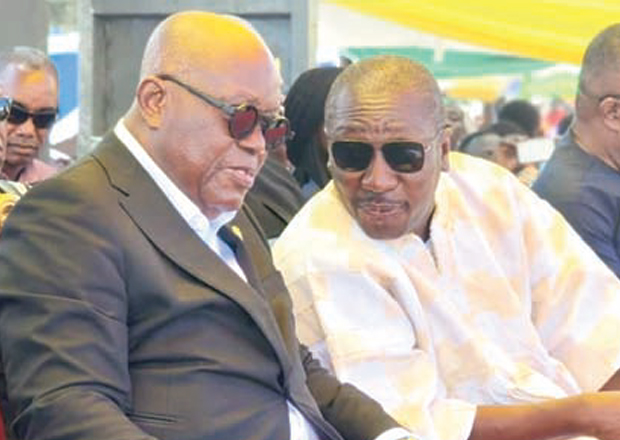Finance and economic policy analyst, Senyo Hosi, has taken a swipe at Minority Leader Alexander Afenyo-Markin, cautioning him against attempts to use the Appointments Committee sittings to rehabilitate the shattered legacy of former President Nana Addo Dankwa Akufo-Addo.
According to Hosi, the fate of the former President was already sealed in the 2025 elections, and no apology solicited from ministerial appointees during vetting would change public opinion about him.
Speaking on TV3’s The Key Points on Saturday, Hosi argued that despite the presidential contest being between Dr. Mahamudu Bawumia of the New Patriotic Party (NPP) and former President John Dramani Mahama of the National Democratic Congress (NDC), Akufo-Addo was effectively the focal point of voter sentiment.
Senyo Hosi’s verdict
He stated, “The only person on the ballot in this election was Akufo-Addo, and the question was yes or no. The overwhelming response was a big no.”
“So nobody can use this vetting to decide the fate of Akufo-Addo because Ghanaians have voted and shared their opinion about him already,” he emphasized.
Hosi also criticized the excessive time spent on partisan debates during the vetting process, citing the recent attempt to extract an apology from MP Sam George.
“We spent four hours trying to see whether we could get an apology from Sam George. And did we get one? No. Sam George and his opinion are already well known. But how does that advance our development agenda?” he questioned.
He expressed reservations about the conduct of the process, arguing that it had been overshadowed by political theatrics rather than substantive evaluations of nominees’ competence and policy direction.
“Character is appropriate, but you don’t spend four hours fixating on a single issue. It should be about discussing the technical and sectoral matters so that we as a people can assess whether a nominee has a clear understanding, a clear plan, and a clear vision for their ministry,” Senyo Hosi asserted.
He stressed the need for nominees to align with national development goals and their party’s manifesto, lamenting that such critical elements had been largely absent from the vetting process.
“We are not seeing that. Instead, it has become a time for people to pursue political scores, looking for a piece of their pound of flesh,” he remarked.
While acknowledging the political nature of the process, Senyo Hosi insisted that lawmakers must prioritize the competence of appointees over political posturing.
He cited a previous vetting session where a nominee was pressed for commitments on addressing the nurses’ concerns, describing it as an example of how the process should be used to extract firm assurances on national development issues.
By Osumanu Al-Hassan/thenewsbulletin24.com


